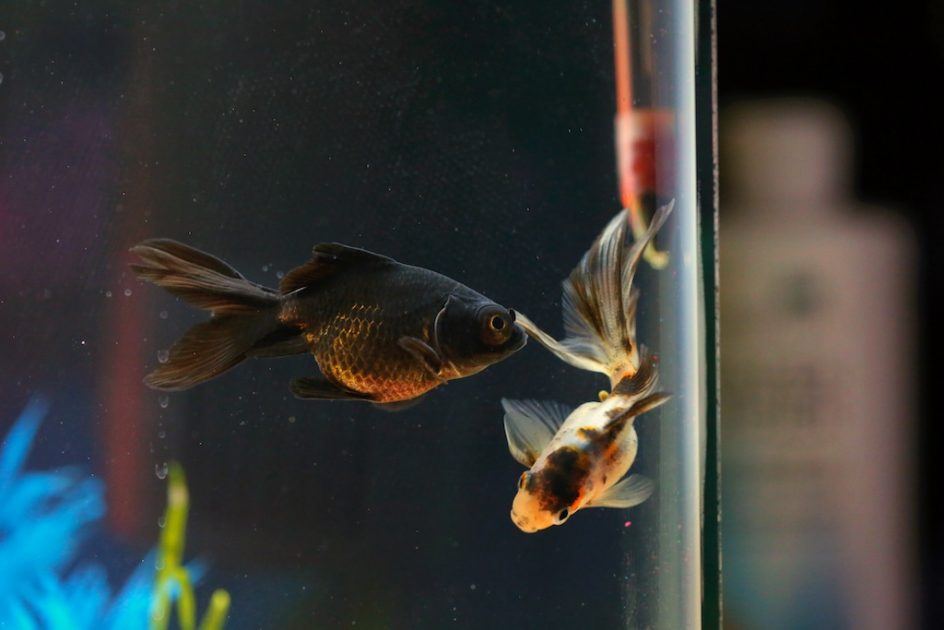
“Not till we are lost, in other words, not till we have lost the world, do we begin to find ourselves and realize where we are and the infinite extend of our relations.” — Henry David Thoreau
I’m reading the latest biography of Henry Thoreau, and one of the best. It was written by Laura Dassow Walls. I’ve always been touched by the particular quote above, Thoreau was lost a number of times in his life – when a woman he loved refused to marry him, when the school he began with his brother collapsed, when his poems and essays were rejected repeatedly, when he was utterly confused about what to do with his life
He found himself when he went to Walden Pond against the advice of almost everyone in his life and he spent a year there writing about nature, and publishing his landmark work, “Walden.”
The book was ostensibly about his year alone on a beautiful pond, but perhaps more importantly, about his lifelong search for identity and self-respect and independence.
I think he’s quite correct about sometimes having to be lost before we can find ourselves. I believe most people do not really consider their lives in the way Thoreau did, they simply live them and react to the wishes and demands of other people.
Identity and individuality are very difficult to achieve in our culture, where everyone is so instantly labeled, and were different ideas are considered hateful or threatening. Ideology is, to me, a dangerous and soul-killing thing sometimes, whether it comes from the left or the right, each are beginning to more closely resemble the other.
We have lost the art of listening, and we seem to be losing the art of thinking for ourselves as well. In recent years, Thoreau has been ridiculed a bit because his mother came to the pond to bring him summer at times, and he often visited his friend Emerson who lived a few miles down the road.
But that isn’t the point. When I came uptate to spend a year in my cabin, I had friends just down the hill and was never more than a couple of minutes from a grocery store. The idea wasn’t that it was dangerous, or that my life was threatened, but that I just needed to find myself.
The American idea of adventure is to go out and endanger oneself, and commit Hollywood style acts of bravery and survival. My idea of adventure is to be lost, and then found again, and not just in the wild. Inside of yourself. Reading the book, I understand Thoreau much better, I have always admired him.
Many of you have witnessed – uncomfortably in some cases – my sometimes angry quest for identity and individuality in a world where now who wants to mind my business can do so instantly and for free. When I first became a writer, I shared my life in books, and no one could jump on my ideas before they had a chance to breathe.
That is changed, and I am slowly being dragged along with it, grudgingly, but to some extent acceptingly, I love this world of interactivity and dialogue, it feeds and nourishes me as well as challenges me.
When Thoreau wrote of being lost, his idea had some time to breathe before hundreds, even thousands of people, were on top it, telling him what he should have said or might have said, or said in the wrong way. I don’t think he would have cared for it, but I think he would have come around to it.
After all, being found is about understanding who you are and what you stand for, it means speaking your truth and respecting what you see in the mirror. I knew I was finding myself when I didn’t look in that mirror and want to jump in a raging river.
I remember the first time I looked in the mirror, and thought “oh, so that’s who you are. You are finding your path, you are going to be okay. You are standing in your truth.” That was a magical moment, and Thoreau found his moment at Walden Pond.
I found mine on the top of a mountain in upstate New York very much alone except for two loyal dogs who were with me every step of the way. Sometimes we do have to get lost to get found.
